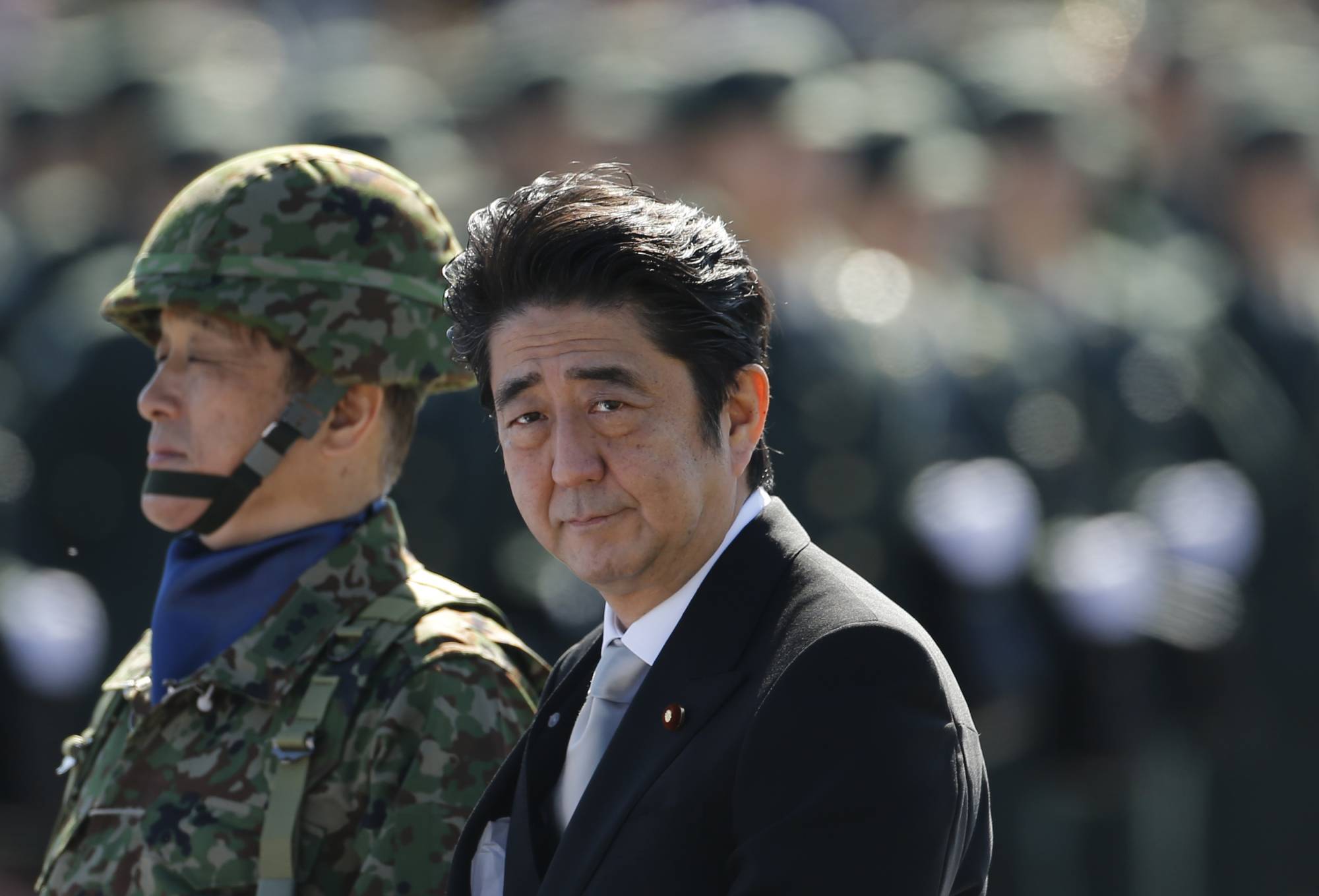Former Prime Minister Shinzo Abe was always a polarizing figure. But the fissures that emerged during his return to power in 2012 were largely brushed aside as the world united in grief over his murder.
At the time, a Japan specialist in the Barack Obama-era state department said that one would need "a microscope to find one iota of an upside” in Abe’s becoming prime minister again after his first term in office six years earlier. John Kerry, then U.S. secretary of state, named Japan as the biggest problem in Asia rather than its more aggressive neighbors.
And they were far from outliers. The Economist termed his Cabinet "dangerously nationalistic,” while the New York Times fretted that his "nationalist fantasies” would pose challenges for the U.S. After Abe’s recent assassination, such arguments were back in fashion: One take deemed him a "divisive archconservative;” another called him the "most divisive leader” in recent history who left a "complicated legacy.”



















With your current subscription plan you can comment on stories. However, before writing your first comment, please create a display name in the Profile section of your subscriber account page.